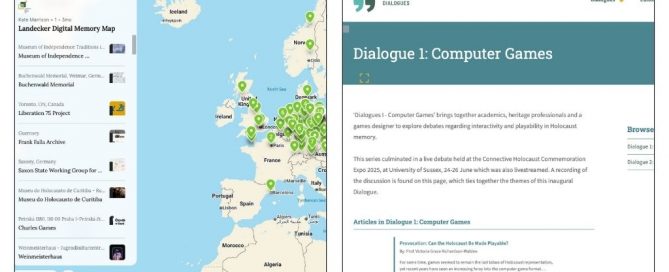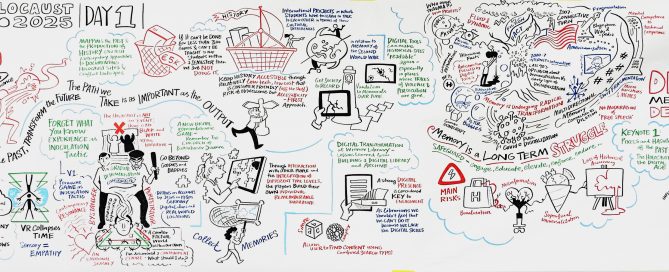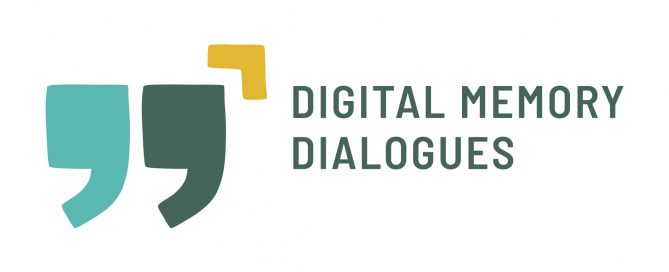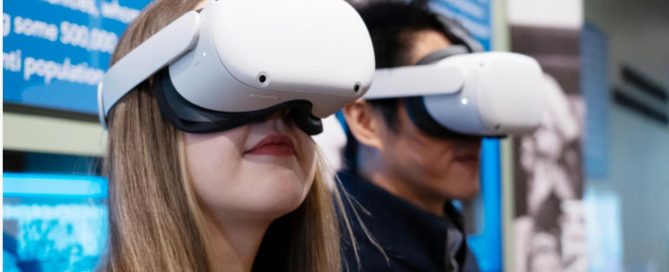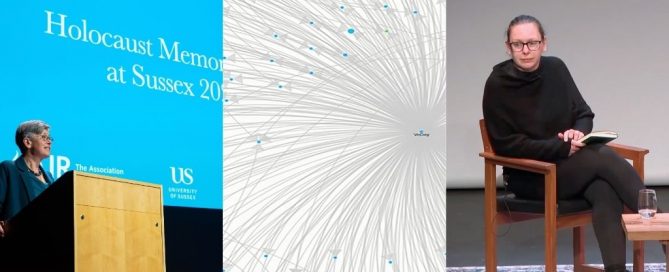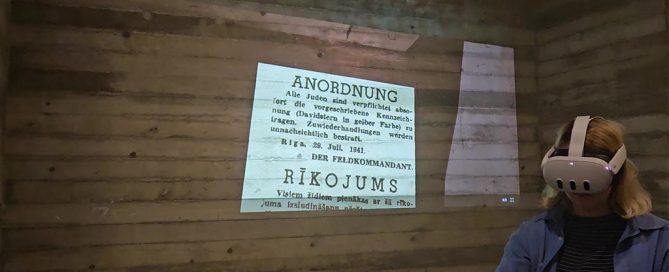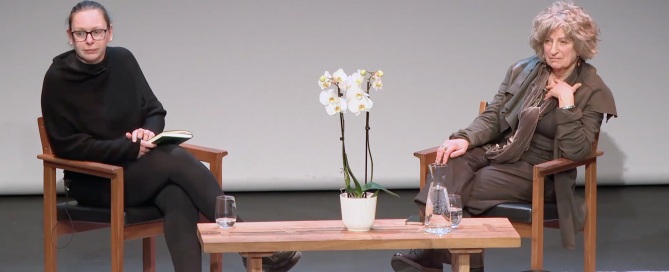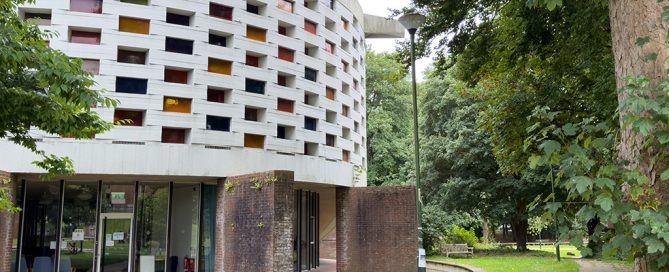Behind the Scenes at the Lab: What’s in the Works?
By Mel Poluck Take a look at what the Lab has been working on over the last few months and what is coming up next. This spring, since our last quarterly round-up, the whole team has been mainly focused on preparing and running our first major international event and developing two new core resources: the Digital Memory Database and Digital Memory Dialogues, as well as continuing our mission to realign the field of digital Holocaust memory studies and ensure Holocaust memory is sustainable in the digital age. April In the run-up to the 80th anniversary of the liberation of the last Nazi-run concentration camps, including Bergen-Belsen, we launched a social media campaign to showcase our nine official partners’ Holocaust memory digital projects. This culminated in the launch of our Digital Holocaust Memory Map, developed as part of the broader work we’re doing to develop a global, perpetual ‘living database-archive’ of digital Holocaust memory projects which seeks to collect historical and contemporary digital Holocaust memory practice. The platform will serve to : Allow practitioners in Holocaust museums, memorial sites, libraries and educational organisations to learn from each other’s experiences and save on ‘reinventing the wheel’ each time a new digital endeavour [...]
